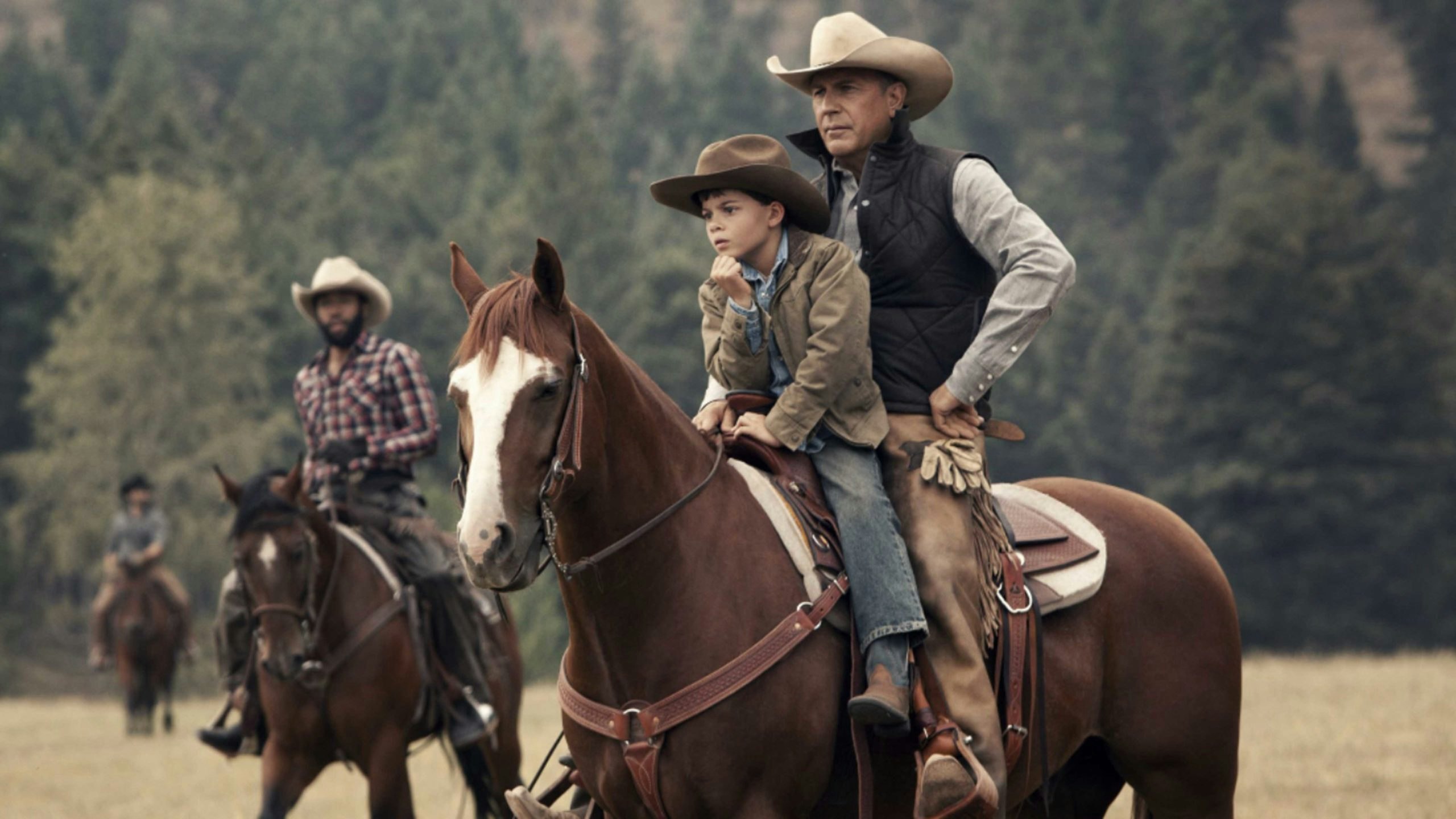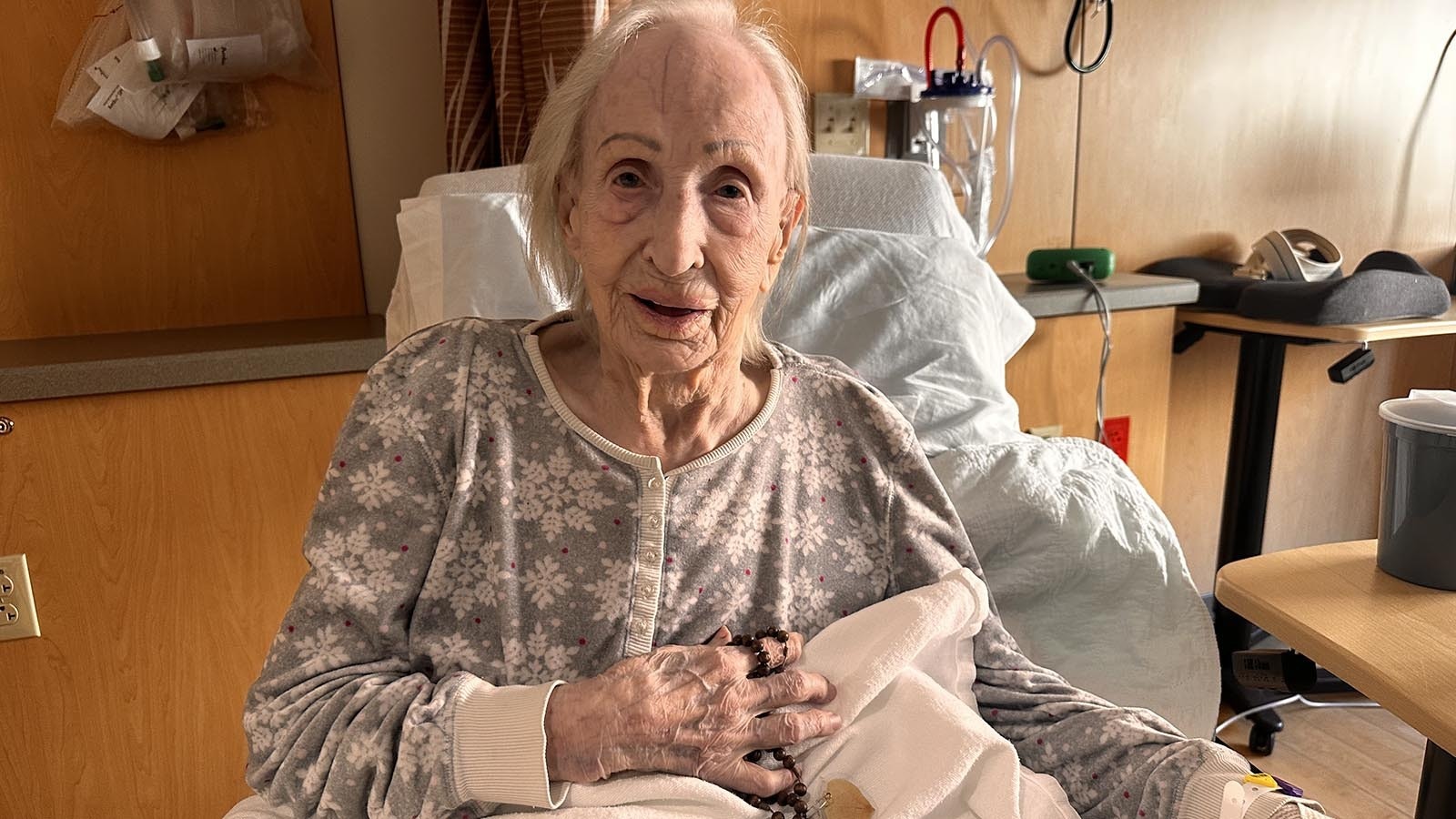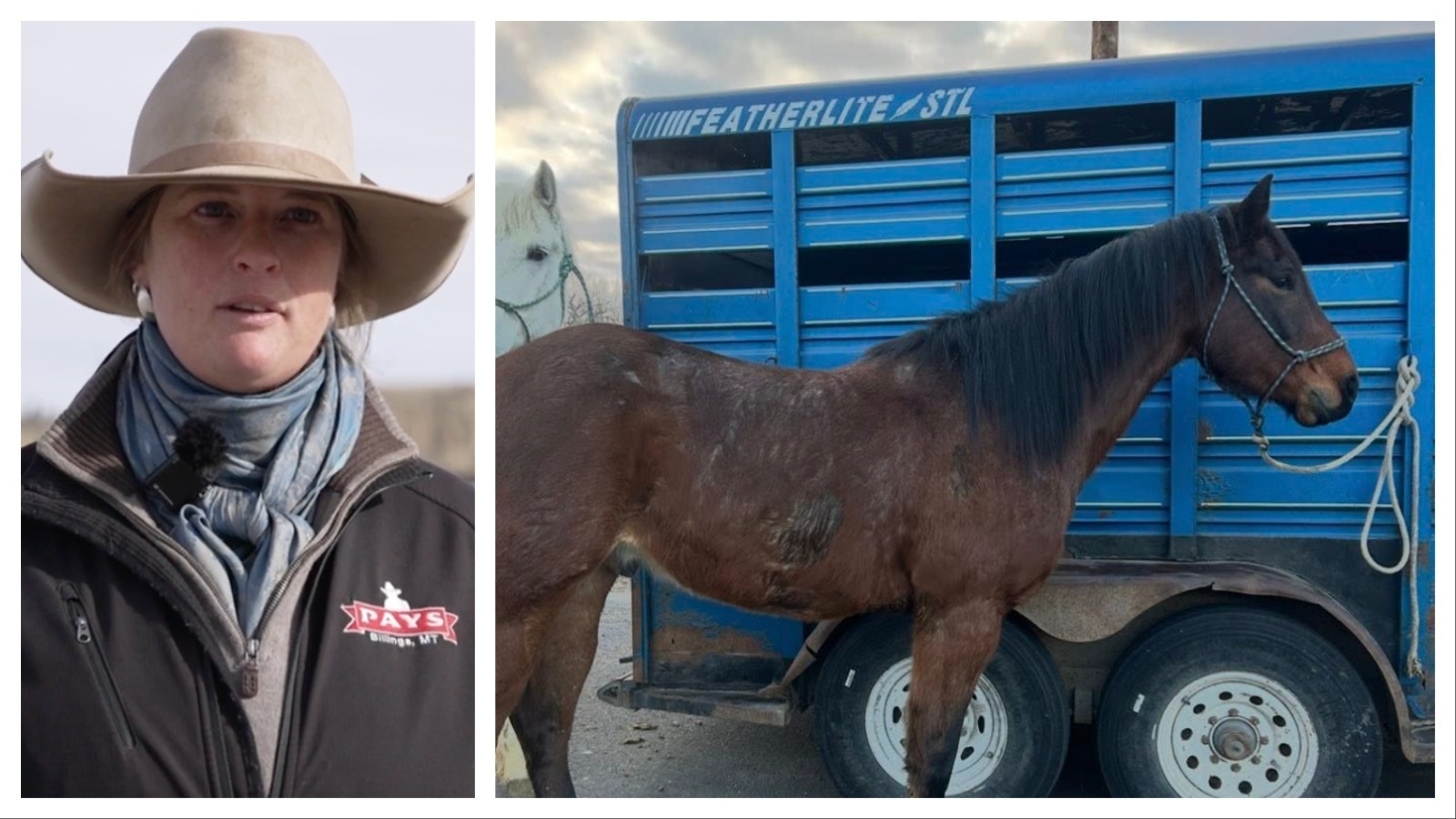ENNIS, Mont. — In the world dreamed up by “Yellowstone” creator Taylor Sheridan, the Train Station is a lawless corner of Wyoming where members of the Dutton family dump bodies and make their problems disappear.
Its actual location is a lonely, unimpressive pull-off along U.S. Highway 93 near Sula, Montana.
The final episodes of Sheridan’s landmark series “Yellowstone” start airing Sunday, which means the jobs associated with producing “Yellowstone” and its spinoffs could also vanish as Montana’s tax incentive program is maxed out.
A coalition of filmmakers and media professionals hope to extend and expand the state’s film incentive program.
But they face opposition from wary legislators and weary locals in places like Ennis, Montana, where the “Yellowstone” spinoff series “The Madison” blocked Main Street on Oct. 22 while shooting scenes to capture charming backdrops without outside interruption.
On social media and in letters to the editor to their local newspaper, some in Ennis have made it clear they would like to send “The Madison” to the Train Station and make the whole glitzy spotlight of network television disappear.
Disenchanted Ennis locals are not alone.
Coverage of “Yellowstone” fatigue recently appeared in The Economist under the headline: “Montanans are ready for ‘Yellowstone’ to end.”
“The hit series brought Montana to the masses — and the masses to Montana,” continued the Nov. 5 article. “Montana’s resistance to growth is a plot line in ‘Yellowstone,’ but many Montanans argue that the show has turbocharged the problem.”
New York To Montana
That was the sentiment of some Ennis locals publicly grumbling at signs that read “Expect Delays” leading up to the Oct. 22 production day.
“The Madison” is reportedly about a New York family that moves to the scenic Madison Valley. That plot line alone is bad news to some.
In a letter to The Madisonian newspaper, Ingrid Poole of Ennis writes, “Too much is already drastically changing this Madison Valley in the wrong direction! This is another ill-advised promotion of this valley to absorb more people who do not understand the quality of the West. Overburdening this area, we will lose this ‘last best place’ forever!”
Shopkeepers and others working on Main Street in Ennis gave a range of responses to the large production crew that recently descended on the town.
“Boy, there were a lot of them in town that day, 100-plus I’d say,” said Debora Reilly, an administrator at Berkshire Hathaway, who watched as “The Madison” crew — many of them in yellow safety vests — crowded the streets and sidewalks.
Reilly thought it was fun to see all the show business activity outside her office window and said that ultimately, “The Madison” series could trigger interest in local real estate.
“I think once ‘The Madison’ comes out, we may get more inquiries,” said Reilly.
Across Main Street at Sagebrush Apothecary, owner and clinical herbalist Rebekah Coleman said actors she didn’t recognize were filmed walking out of her shop.
As for the overall experience, said Coleman, “It was good. Some of the people off of the production staff came and bought stuff out of my store. That was awesome. We had good conversations.”
If production staff approach her in the future about filming, Coleman said she might huddle up with other Main Street business owners beforehand.
“Maybe coming together, we should say, ‘Hey, you know, maybe you should like give us $200 each for shutting down our lives,” said Coleman, who saw foot traffic disappear for multiple days as the original production day of Oct. 16 was postponed to Oct. 22, apparently due to weather.
Main Street wasn’t closed, but Coleman believes the “Expect Delays” signs kept people away.
“Nobody came in on the 16th, nobody came in on the 17th,” said Coleman, who expects as many as 15 shoppers per day this time of year.

Off To Texas
In his monthly report for October, Ennis Police Chief John Moore noted, “The town did not receive any compensation for the filming, as we currently lack an event ordinance that would allow us to charge for the inconvenience associated with large events.”
Coleman said she’d go through it again, then shared what she learned about the overall production schedule for “The Madison.”
“We were the last of the filming,” Coleman said. “They had already filmed everything in Bozeman, Missoula, New York and Texas.”
Additional production for Taylor Sheridan’s “Yellowstone” spinoff projects will continue in Texas, said Lynn-Wood Fields, a former “Yellowstone” crew member and board president of the Montana Media Coalition.
That’s because Texas offers massive, Texas-sized tax incentives and one of the main production companies handling Sheridan’s projects is based in Fort Worth.
In the TV-film tax incentive arms race, Montana is falling behind, said Fields.
“I don’t know why we’re not proud of the incredible work Montana filmmakers have done,” Fields said.
When the Montana Legislature convenes in January, Fields and the Montana Media Coalition will be there lobbying for Montana’s TV-film tax incentive to be extended and expanded.
“This is the first time ever that Montana filmmakers are leading this charge,” said Fields, recalling how in 2019, the Legislature enacted the Montana Economic Development Industry Advancement Act (MEDIA Act), providing income tax incentives to attract film, television and other media productions.
The ‘Yellowstone’ Effect
It paid off by generating dollars and contributing to the state’s revenue surplus, Fields said. A June 2024 report from ESI Econsult Solutions showed film production between July 2022 through mid-May 2024 contributed $22.2 million in total tax revenue for Montana.
A 2022 study from the Bureau of Business and Economic Research at the University of Montana found the “Yellowstone” series significantly boosted Montana's tourism economy, attracting about 2.1 million visitors in 2021 who cited the show as their motivation for traveling to the state.
One study estimated that these visitors contributed around $730.1 million in spending, alongside the economic benefits from the show's production activities. Overall, the combined impact resulted in an increase of more than 10,240 jobs, $376.1 million in personal income, and nearly $1.1 billion in total economic output.
State revenues also saw a boost, with more than $44 million generated for the general fund, surpassing the $16.5 million in tax credits awarded to Paramount Studios.
Fields and the Montana Media Coalition hope to build on this success by increasing the per year tax credit from $12 million to $50 million, while also rewriting the legislation so more of the tax credit money goes to production companies and professionals based in Montana.
If the Legislature doesn’t act, said Fields, it will essentially send 1,300 Montana jobs to the Train Station, causing them to disappear as productions move to other states and Canada, which offer better tax incentives.
“We’re really seeing the work helping families,” continued Fields, as she shared examples of how film projects infuse money into places it’s especially needed.
She talked about a motel owner in Shelby who filled rooms during a normally dead time of year, a caterer whose business is booming in Livingston and a rancher near Polson who was able to cover the mortgage thanks to production revenue.
“There’s a lot of those stories,” said Fields, who believes an expanded tax incentive plan could lead to the establishment of permanent studio space and support year-round jobs. “We need an interior location where we can keep people working through the winter.”

‘Do Or Die’
As Fields tells it, the future of Montana’s TV-film industry will be determined by what happens during the upcoming Legislative session.
“It’s kind of a do or die year,” she said, while offering an olive branch to some locals in places like Ennis who don’t want more production coming to town.
“We could come up with ‘film-friendly’ communities,” suggested Fields, outlining an official designation that allows cities and towns across Montana to declare themselves either open or closed to TV-film business. “I care about giving that opportunity to communities that want it, and I respect communities that don’t.
“There’s a lot of communities that do want it, and we have to be careful about the tone we’re setting” when it comes to attracting future projects.
The June report from ESI Econsult Solutions showed Silver Bow County benefited the most from recent TV-film production.
The localized economic impact of productions that filmed between July 2022 and mid-May 2024 in Silver Bow County was as much as $155 million. Beaverhead, Missoula, Lewis and Clark, Park, Yellowstone and Ravalli County — home to the Train Station — all registered economic impacts somewhere between $9 millin and $75 million.
Madison County, where county commissioners recently created a film permitting system, enjoyed an economic bump from film production that was calculated by the Philadelphia-based firm to be in the neighborhood of $3 million to $9 million.
Some of that money likely flowed into Sphinx Mountain Saddlery, a charming saddle shop that sells Western wear and home furnishings on Main Street in Ennis. The production crew for “The Madison” set up cameras right outside Oct. 22.
Heidi Longwith, who works at Sphinx Mountain Saddlery, said her opinions are mixed when it comes to the pros and cons of productions like “The Madison.”
“I am split actually, because I'm a theater person. I teach ballet at Montana Ballet Co. as well. I've been in the Actor's Equity Union for 45-50 years now,” she said. “So for me, I am thrilled. You know, it's like, yes, art, wonderful. We need more of that.”
But Longwith also sees the downside of exposing Ennis and the Madison Valley to a global audience.
“We've been coming here for 10 years and we just moved here, and we don't want to tell anybody about Ennis. Nobody. Shhhh. Don't tell anybody,” she said. “We don't want them to find Ennis, and it's sort of like ‘A River Runs Through It.’ It's going to blow it wide open.”
David Madison can be reached at david@cowboystatedaily.com.





